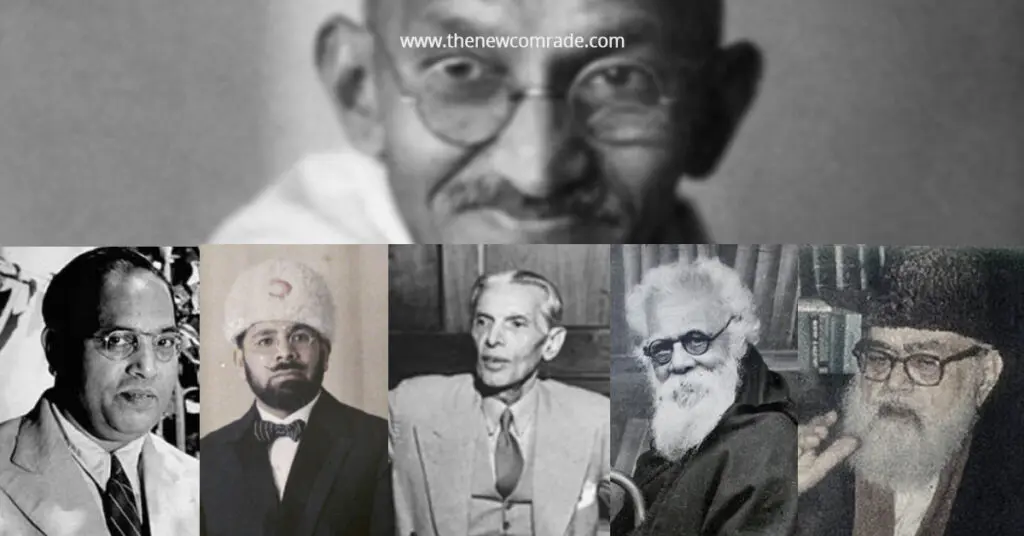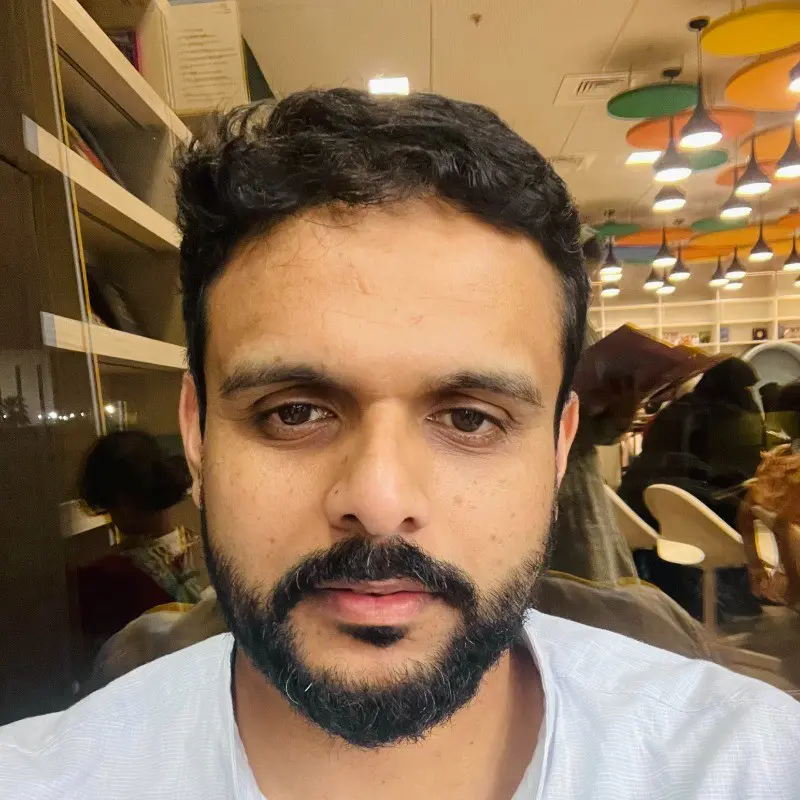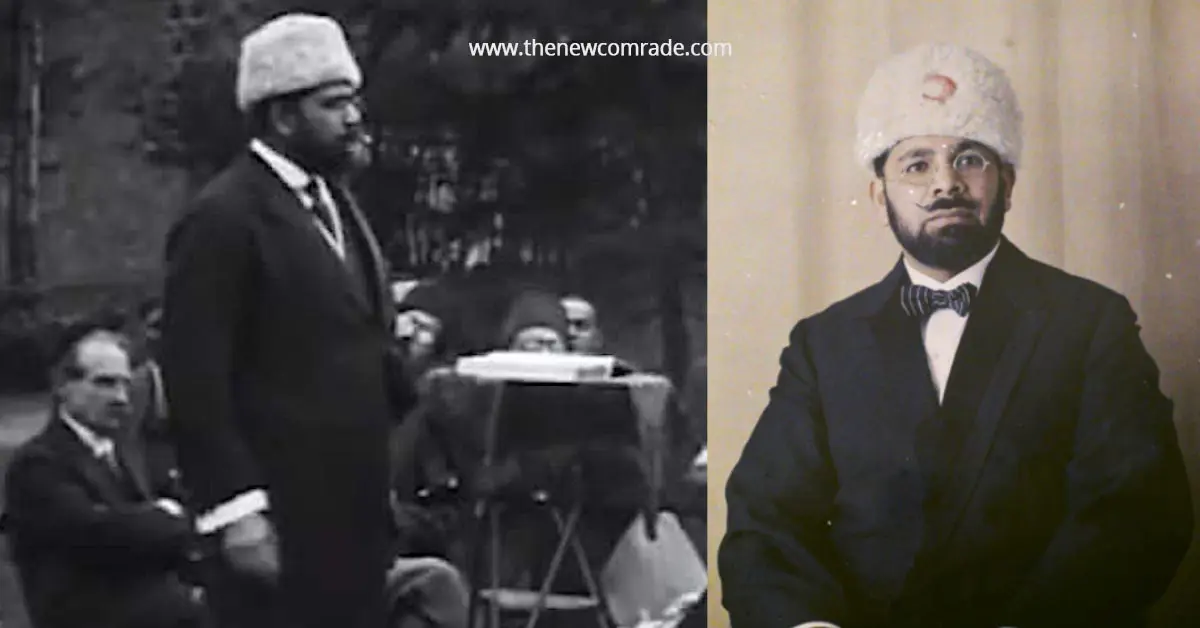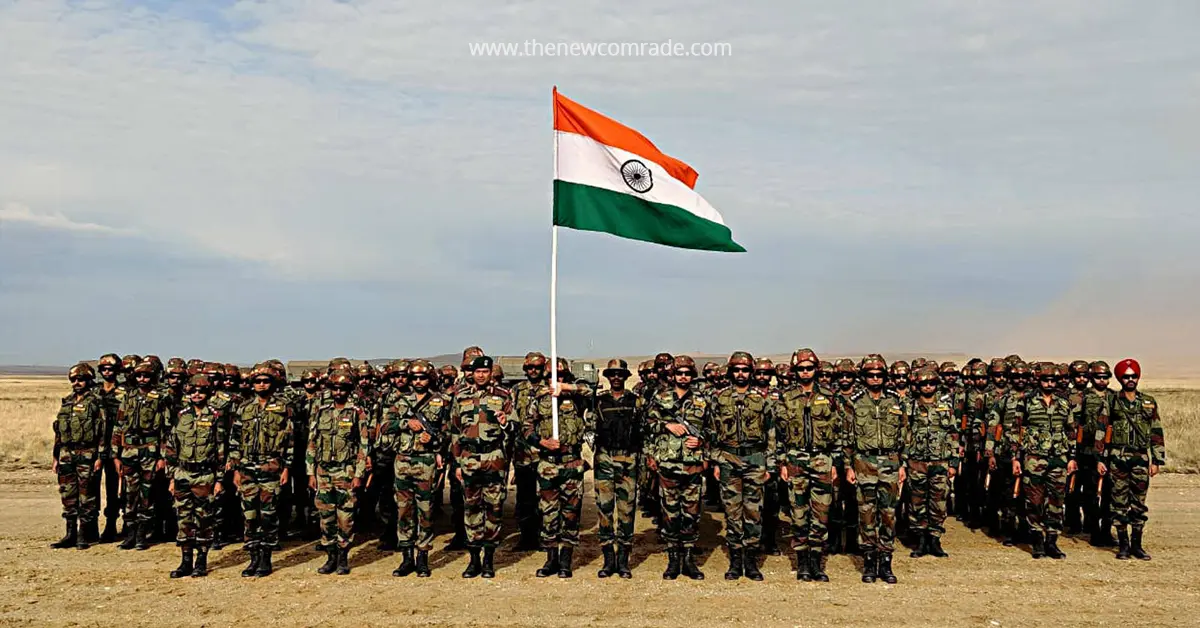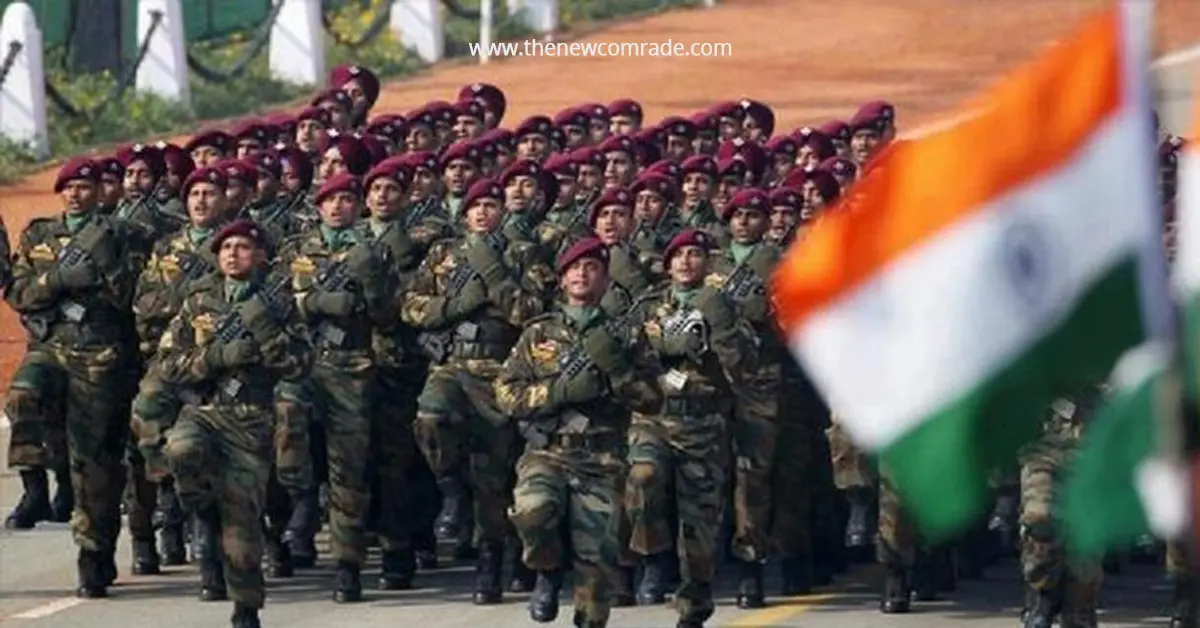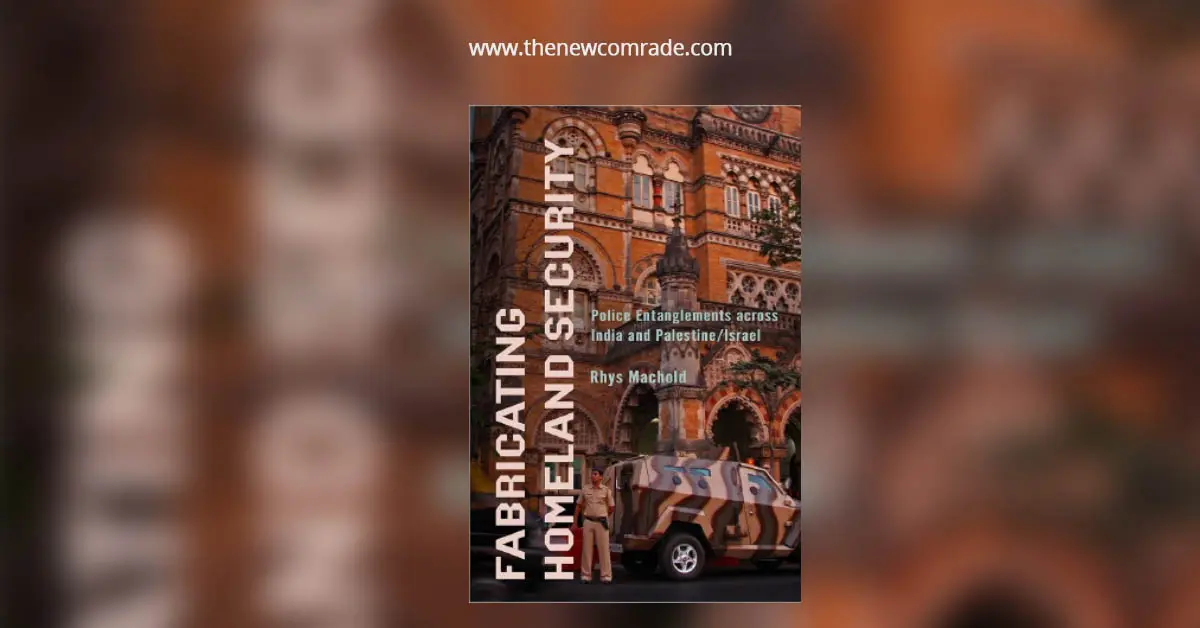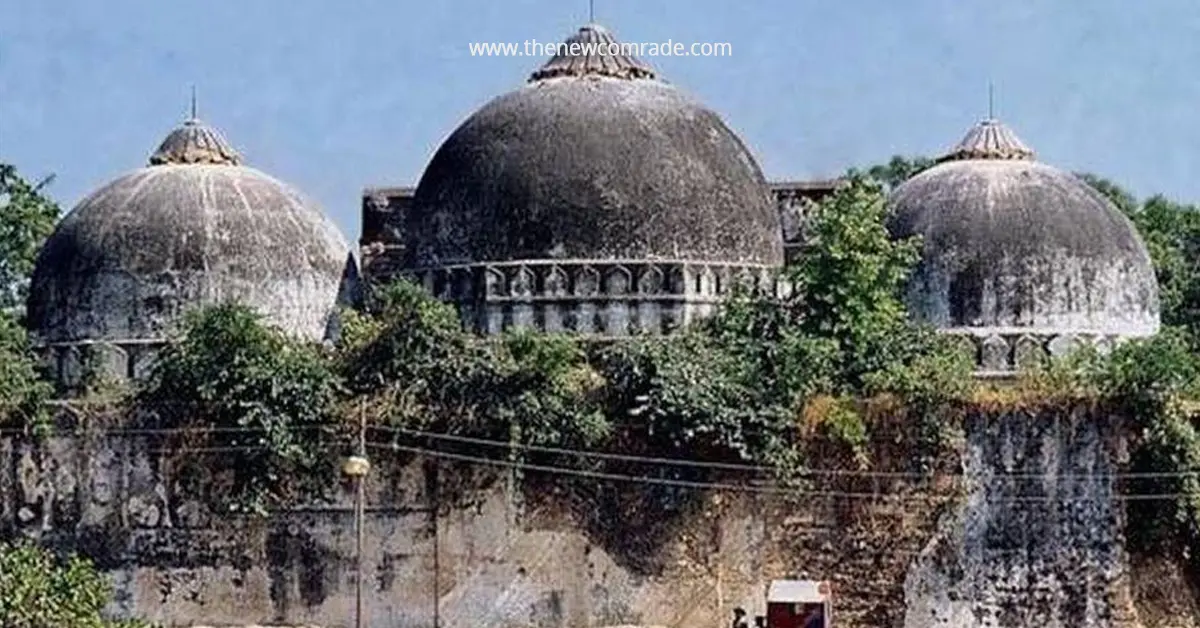As a “Sanatan” casteist Hindu, Mohandas Gandhi’s positions elicited significant responses from prominent community leaders, including Dr. Bhimrao Ambedkar, Mohammed Ali Jinnah, Mohammed Ali Jauhar, Abu Aala Mawdudi, and EV Ramasamy (Periyar). Each of them critiqued Gandhi on various planes, highlighting the problematic nature of his stance, particularly when viewed through the lens of xenophobia and social justice.
Dr. B.R Ambedkar
Dr. Ambedkar frequently criticised Gandhi, particularly on matters of caste discrimination and his approach to untouchability. While Gandhi advocated for “integrating” Dalits within the Hindu fold, Ambedkar demanded the complete dismantling of caste system. In his groundbreaking work, Annihilation of Caste, Ambedkar explicitly condemned Gandhi for justifying caste system, as expressed in writings like Hind Swaraj.
Ambedkar’s most profound critique of Gandhi centred on political representation for depressed castes (Dalits), culminating in the historic Poona Pact of 1932. Initially, Ambedkar succeded in helping secure separate electorates for Dalits by means of the “Communal Award”. However, Gandhi strongly opposed this move, arguing that it would fragment Hindu unity. To counter this achievement, Gandhi started a fast-unto-death, triggering widespread unrest and violence against Dalit communities. This coercive pressure ultimately forced Ambedkar to relinquish the demand for separate electorates. Ambedkar later denounced Gandhi’s actions, stating, “There was nothing noble in the fast. It was a foul and filthy act.”
Mohammed Ali Jinnah
Mohammed Ali Jinnah was a staunch critic of Gandhi’s tendency to intertwine Hinduism with the Indian National Congress, a practice he believed led to the “Hinduisation” of Indian politics. In 1937, Jinnah articulated his frustration: “Mr. Gandhi has repeatedly stated that India is a country of one nation, but he has not been able to produce any formula by which the two can be reconciled. His Hindu revivalist approach has alienated the Muslims.” This statement underscores Jinnah’s conviction that Gandhi’s Hindu-centric rhetoric alienated Muslims and rendered Hindu-Muslim unity unattainable.
Jinnah was equally critical of Gandhi’s use of fasting as a political weapon, particularly during pivotal moments such as the Poona Pact negotiations. He famously commented, “Gandhi is more of a politician than a saint,” suggesting that Gandhi’s fasting and moral image were strategic manoeuvres aimed at manipulating public sentiment rather than fostering true unity or justice.
In 1940, while delivering the Lahore Resolution, which marked the formal demand for Pakistan, Jinnah asserted, “Gandhi’s Congress is not the voice of all India. It is a Hindu body.” This statement highlighted his criticism of the Indian National Congress for failing to represent Muslims, untouchables and other marginalised communities.
Mohammed Ali Jauhar
Gandhi initially associated with Mohammed Ali Jauhar during the “Khilafat Movement”, which sought to protect Ottoman Caliphate from dismantling by Britain and France. However, after the movement’s was curbed and Caliphate banned, Gandhi’s Hindu nationalism became progressively overt. Jauhar then became increasingly critical of Gandhi. He accused Gandhi of inconsistency and hypocrisy and of prioritising parochial Hindu interests at the expense of Muslims. In 1924, Jauhar famously remarked that even the “worst Muslim” was better than Gandhi, signalling his deep-seated discontent with Gandhi and the growing divide in Hindu-Muslim relations.
Jauhar criticised Gandhi’s approach as being rooted in divisive casteism, stating: “You claim to be a leader of all Indians, yet your methods and policies remain rooted in Hindu thought and practice, alienating Muslims, who see no reflection of their aspirations in your politics.”
During the Second Round Table Conference in London in 1931, Jauhar strongly opposed Gandhi’s stance on Muslim representation and safeguards. He said: “If we are denied safeguards, I would rather die under an alien government than live under the rule of the Hindus,” expressing his concern over potential Hindu dominance in an independent India.
Despite his focus on Muslim rights, Jauhar stood firmly for justice for all oppressed communities, including Dalits. At the conference, he supported Dr. B.R. Ambedkar’s demands for Dalit rights, even at the potential cost of Muslim safeguards. He reportedly declared: “Even if we, the Muslims, lose all our safeguards, I will stand for the rights of the Depressed Classes, because they have been more oppressed than we have been.”
Jauhar’s plea for minority rights extended beyond his own community. He asserted: “I am not afraid of the domination of the so-called minorities, but I am afraid of the domination of the majority. I, therefore, plead on behalf of my community and also for my friend Dr. Ambedkar and his people, that some safeguards should be provided for minorities.” His words underscored his commitment to equitable representation and justice for all marginalised groups in India.
Abul Aala Mawdudi
Abul Aala Mawdudi, thoughtfully responded to Gandhi’s claims that Islam was spread by sword. Gandhi had cast doubts on the peaceful nature of Islam’s expansion, suggesting coercion as a key factor. Mawdudi countered this narrative by presenting a well-reasoned historical and theological defence of Islam’s methods of propagation.
During a time when Muslim leaders faced pressure to be apologetic for the murder of Swami Shraddhananda – an Arya Samaj leader known for his caustic and divisive rhetoric – tensions escalated. In a Friday sermon at Delhi’s Jama Masjid, Mohammed Ali Jauhar called for someone to respond to the hostility, including Gandhi’s perceived biases. This inspired Mawdudi to research and publish a series of essays titled “Al-Jihad fil Islam”.
Mawdudi also criticised Gandhi’s reaction to the Shraddhananda incident in The Changing Islami Hind on 18 November 1927. Reflecting on Gandhi’s appeal for 10 lakhs to establish a memorial fund for Shraddhananda, Maududi wrote:
“The Swami Shraddhananda event seems to have driven even a seemingly level-headed person like Gandhi to act emotional. The purpose of this memorial fund is no secret – it aims to bolster the Shuddhi and Sangathan movements. It is spearheaded by Hindu Mahasabha, whose bigoted tendencies are well known. Tragically, Gandhi – with all his wisdom, intelligence, and professed commitment to peace and unity – has ignored these realities and called on the Hindu community to contribute to the fund.” (Facets of Faith; Malek Bennabi and Abul A’la Maududi: MA Sherif)
He added a striking analogy:
“Loving your brother is commendable, but if he raised a mad dog and allowed it to harm others, it is hardly wise to honour his memory by embracing that dog. Instead of restraining or removing the threat, you now take on the dangerous task of sustaining it, as your brother did.” (Facets of Faith; Malek Bennabi and Abul A’la Maududi: MA Sherif)
Mawdudi’s criticism of Gandhi – who was held in great esteem by the Jamiat-e-Ulama-e-Hind – strained his position in their midst, whereby he was the editor of their journal – Taj and ultimately had to resign from this position by May 1928, as a result.
E.V. Ramasamy (Periyar)
Periyar, a prominent leader of the Dravidian movement and a vocal critic of caste oppression, held significant reservations about Gandhi’s approach to addressing caste-related issues during Vaikom Satyagraha movement (1924–1925). This movement had aimed to secure the rights of Dalits to access roads surrounding the Mahadeva temple in Vaikom, Travancore, which were restricted to upper-caste Hindus. While Gandhi’s involvement in the movement is well-documented, Periyar’s contributions and critiques reveal his more radical perspective and commitment to systemic change.
Gandhi considered the movement as a reform within Hinduism, advocating for a cautious strategy to avoid alienating upper-caste Hindus. He discouraged the participation of non-Hindus, such as Christians and Muslims, framing the struggle as an internal Hindu matter. Periyar, however, viewed the movement as a broader fight for civil rights and reframed its discourse into a protest that demanded equal access to public spaces, challenging the entrenched caste hierarchy. He criticised Gandhi for merely “skimming the surface” of the issue, accusing him of being unwilling to challenge the deeper structure of Brahminical supremacy. He argued that Gandhi prioritised appeasing upper-caste Hindus over achieving genuine equality.
While Gandhi’s efforts were limited to securing rights of Dalits to walk on roads near Hindu temples, Periyar demanded both road access and temple entry for the so-called untouchables. At the victory celebration on November 29, 1925, Periyar declared, “The object of the Satyagraha was not limited to using roads that dogs and pigs could use. Our aim was that public places should be open to all people equally. Therefore, it is our duty to extend this fight for equal access inside the temples.”
Periyar believed Gandhi’s policies ultimately reinforced the dominance of Brahmins and North Indian hegemony over South India. He accused Gandhi of eroding the moral and ethical qualities of the people, stating, “Our land has been enslaved to the Northerners and Brahmins by Gandhi. It is because of Gandhi that people lost all great qualities they had… It is now impossible to live without being immoral, dishonest, deceitful, and treacherous.”
Periyar’s bold stance during the Vaikom Satyagraha earned him the title “Vaikom Veerar” (Hero). His efforts underscored the importance of addressing caste discrimination as a fundamental issue of equality and justice, going beyond the symbolic victories pursued by Gandhi.
